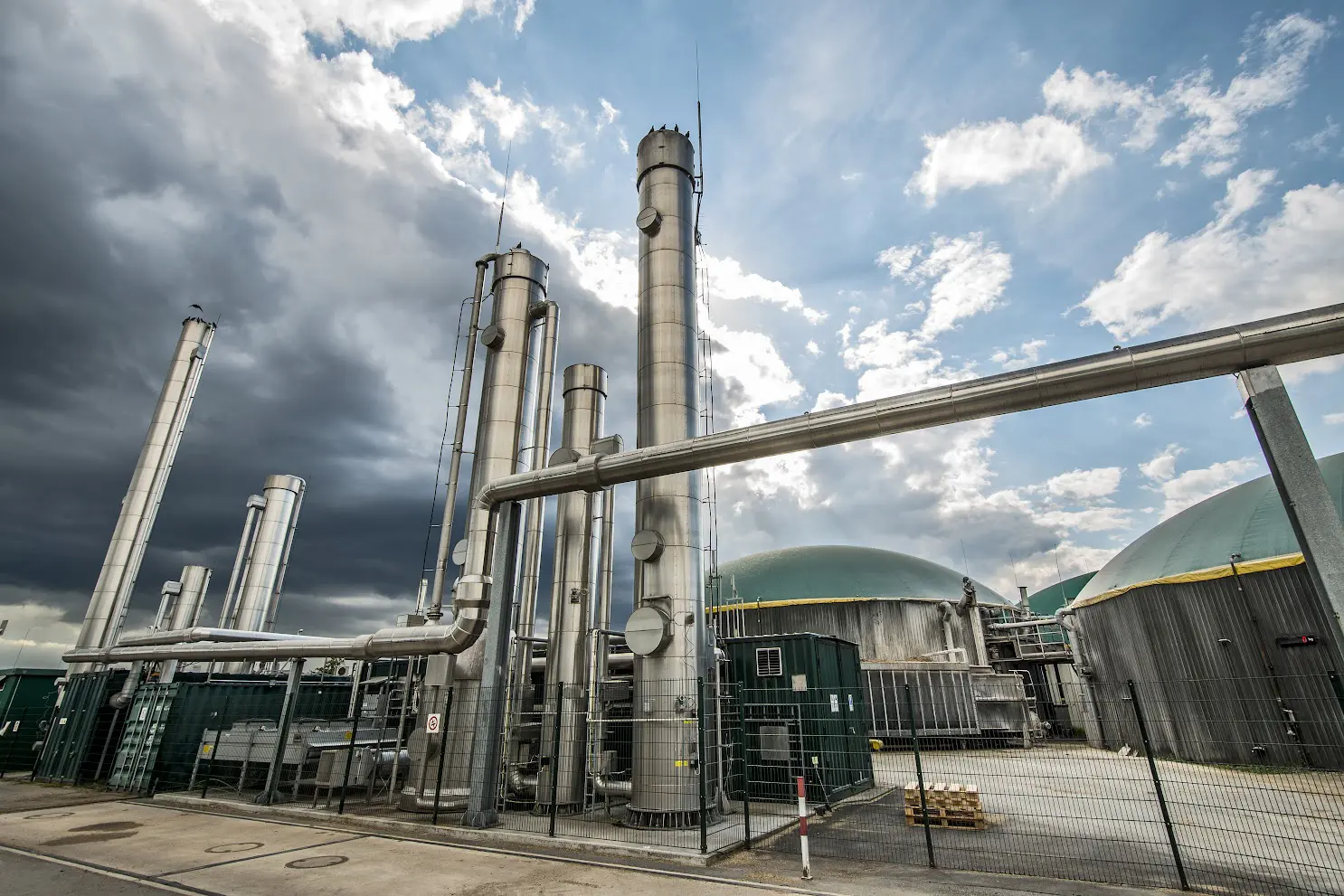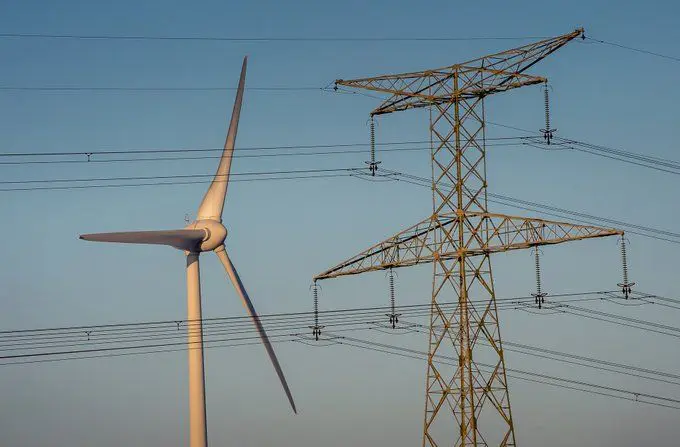[Article DNA] « La situation actuelle doit être un catalyseur de la transition » #2

[Article DNA]: Interview with Thibault Sadouet, General Manager of E’nergys’ Solutions business line
Energy bill multiplied by six, risk of power cuts, heaters set at 19°; it’s time to prepare for the coming winter. The challenge of the energy transition has always been the same: staying ahead to endure. Today, however, the immediate economic survival of many companies hangs in the balance.
Thibault Sadouet, General Manager of E’nergys’ Solutions business line, answered questions from DNA (Dernières Nouvelles d’Alsace) journalists.
What are companies’ main fears today?
Businesses are deeply concerned, as the immediate economic survival of many companies is at risk. As Thibault Sadouet puts it, “Those who are still questioning supply in 2023 are already finished.” Tariffs could potentially be frozen for 2023 and renegotiated for 2024 and 2025, but companies fear they haven’t planned adequately, leaving them vulnerable to soaring costs.
What impact do these new concerns have on business demands?
The new configuration has led to an increase and a change in demands from potential customers. Thibault Sadouet observes, “Historically, companies turned to us either to reduce energy consumption or to ensure regulatory compliance. Since mid-July, we’ve been increasingly contacted for urgent short-term actions and assistance in negotiating with energy suppliers.”
How should companies look to the future?
In Thibault Sadouet’s opinion, “we won’t be returning to a pre-war situation in Ukraine – the current situation must be a kind of catalyst for transition”. In fact, companies must proactively plan their energy transition rather than relying on short-term fixes, or they risk facing the same challenges in future winters.
Solutions do exist, both in terms of technology, with solar-integrated building management… but also from a financial point of view, as Thibault explains: “Whatever the customer, we take care of their subsidies, make sure that they don’t foot the bill of the investment and that their annual payments remain lower than the energy savings achieved.”




